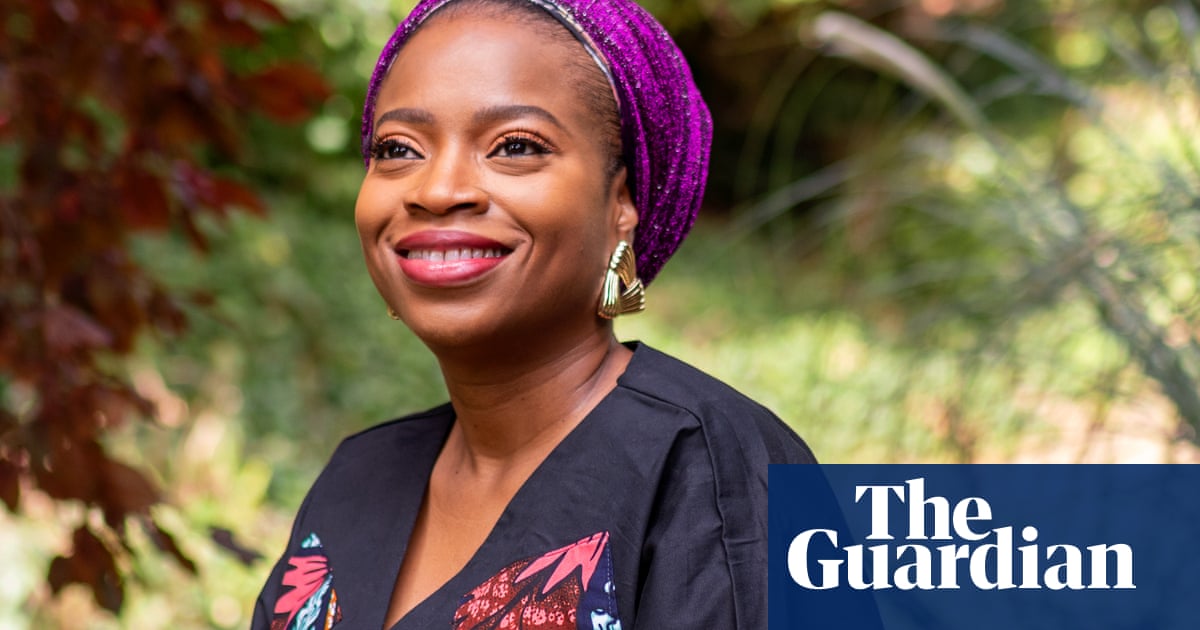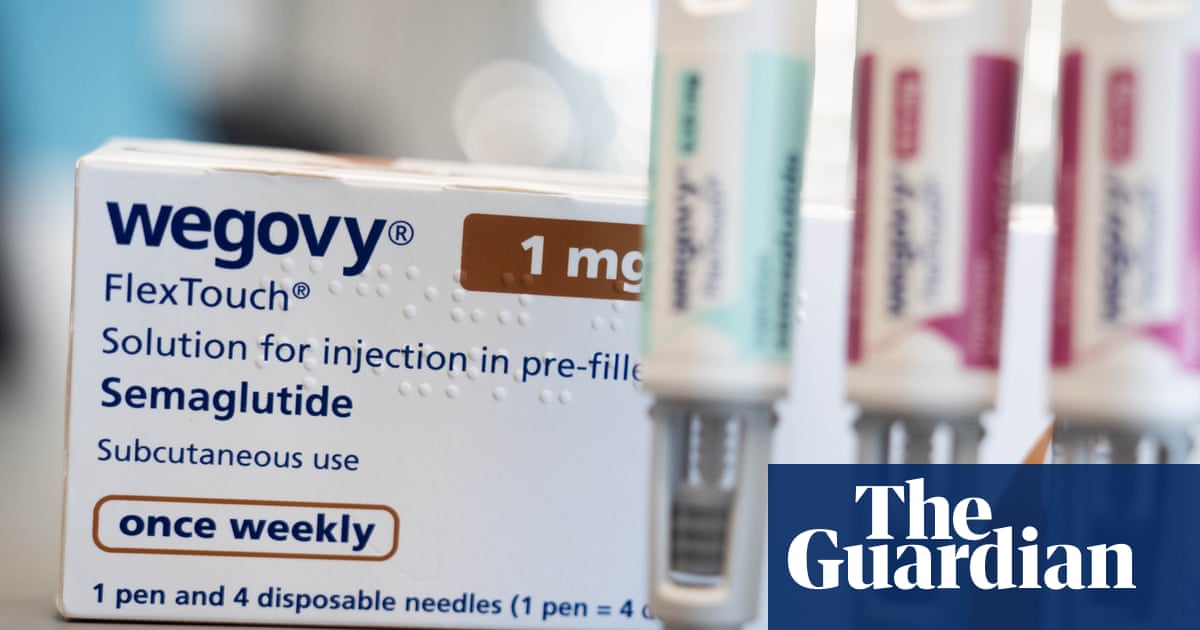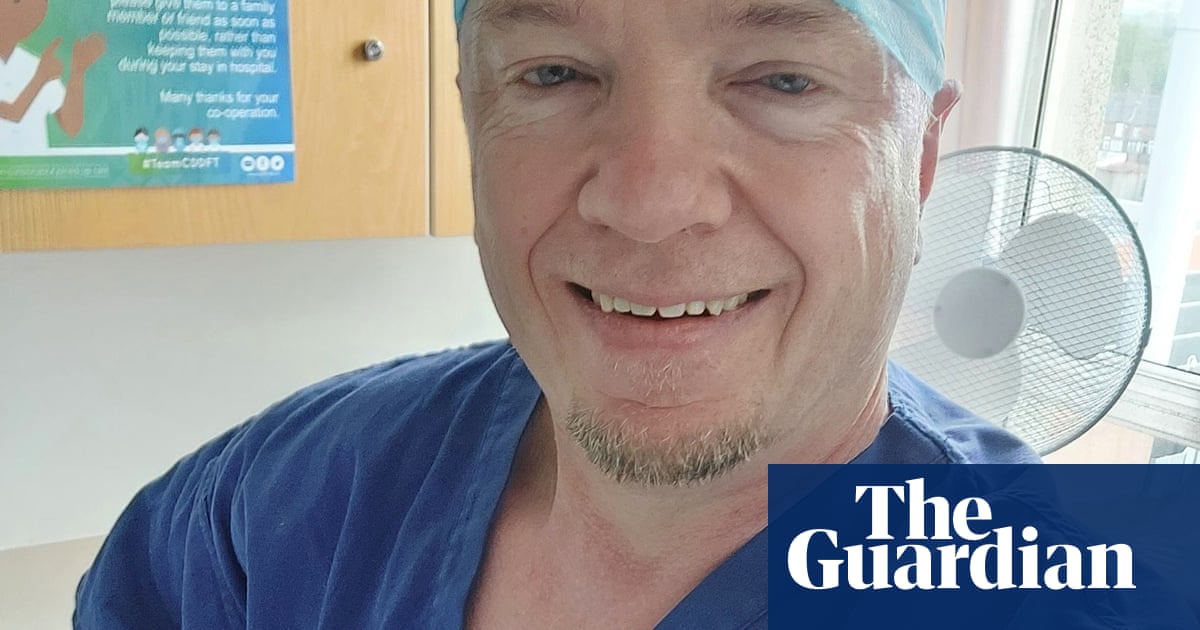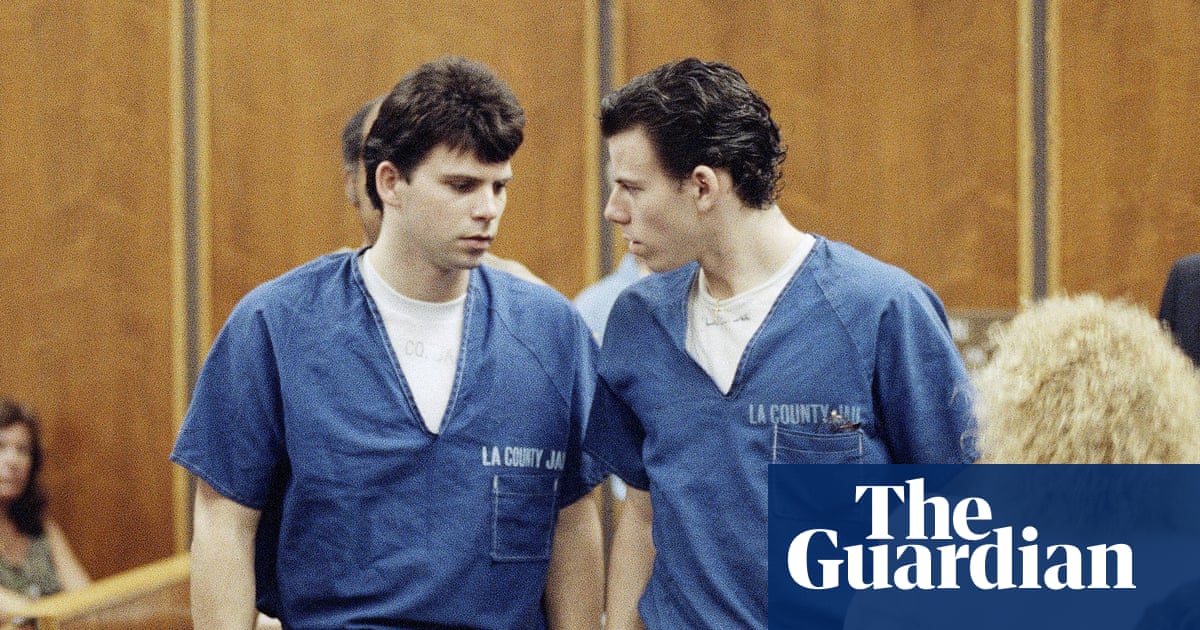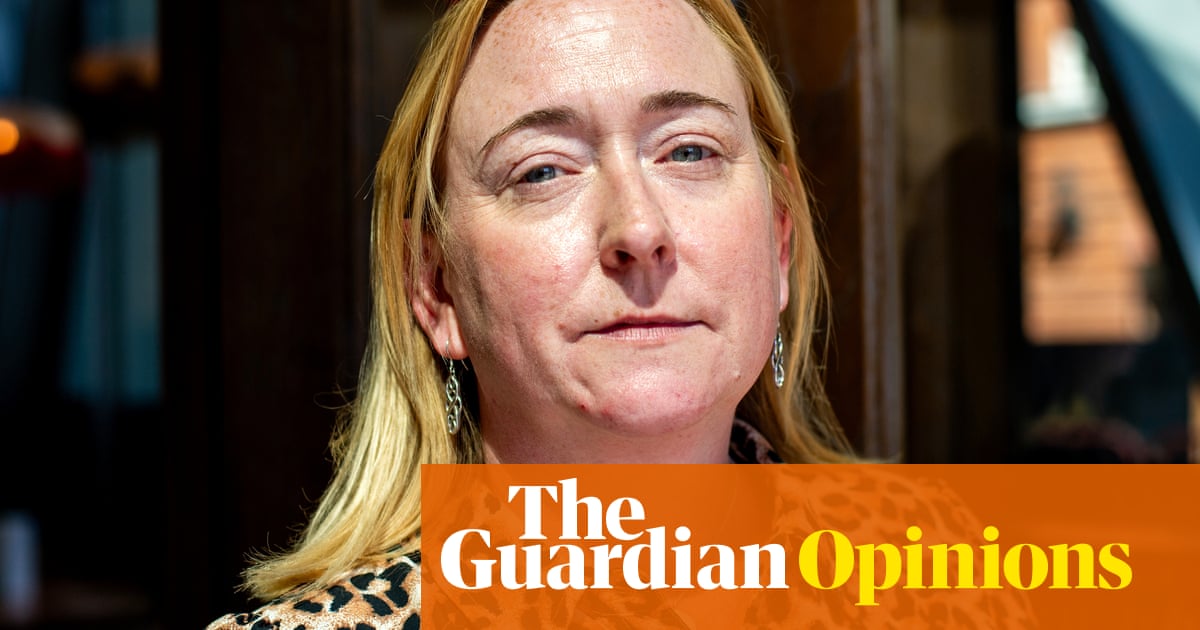With a heavy heart, I clicked on my 23andMe account on a recent morning, confirming that I wanted to delete my data. The genetic testing company filed for bankruptcy late last month and the California attorney general and others have recommended that users delete their data lest it be acquired by less scrupulous companies as the company is stripped for parts during bankruptcy proceedings.
I was one of the company’s earliest customers and had used their service to genotype not just myself but my entire extended family. I even got my kids’ babysitter a kit.
Most of what the company told me I already knew and was of little consequence: I like the taste of cilantro, and my wife doesn’t. I’m a morning person, and she’s a night owl. Mosquitoes prefer her blood to mine. But it also told me things that I didn’t know: that my two oldest children were only 44% “related” (eg below the average of 50%) – which explained a lot! That my father’s mother may be of Native American ancestry, keeping family lore alive. And, most shockingly, that my ex-father-in-law was half Ashkenazi Jewish; who he thought his father was turned out to be wrong.
But the most important use of the data goes beyond discovering long-lost family members or confirming traits we already knew we had. By clicking on “download raw data” before deleting my account, I was able to obtain the string of Cs, As, Ts and Gs that make up a million or more locations on my genome. I can then upload this text file to an independent server to calculate polygenic indexes for myriad traits: everything from my risks for coronary artery disease, dementia or ADHD to my weight, educational attainment or (lack of) musical ability.
I think of these scores as the Fico credit scores of human biology. They predict (very noisily) how you, your child or even your embryo will fare in the world. Some, like the index for height, do a good job. Others – say, the index for extraversion – aren’t much better than a series of coin flips. Education, the index I have studied the most in my research, falls in the middle.
This data is useful and getting more so each year as it is refined by scientists. These scores – or the data on which they are based – are not the type of information you want to fall into the hands of corporate actors that have only their bottom lines at heart. The unwinding of 23andMe, then, provides a window of opportunity to rethink our policies on these new tools.
The 2008 Genetic Information Non-Discrimination Act (Gina) bans the use of genetic data by health insurance companies and employers. It was enacted back when human genetics was mostly thought about within the “OGOD” paradigm: one gene, one disease. You were going to get Huntington’s disease or you weren’t. But the following year, the first genome-wide polygenic index was calculated – for schizophrenia – and shifted how we think about genetic prediction. Now, even if I don’t have a rare mutation, my data can predict much about me that would be useful to for-profit companies.
Moreover, the law says nothing about life insurance companies, long-term care insurance or car insurance. It does not address schools, who could potentially use the data in admissions or placement decisions. And the law is mum on whether and how polygenic indexes might be deployed in sperm or ova banks and fertility clinics.
The public policy solution to this brave new world of genetic prediction might seem simple (and pressing in the light of 23andMe’s collapse): amend the Genetic Information Non-Discrimination Act to cover all these other use scenarios. But that option, as tempting as it may seem, creates its own problems. Just because 23andMe couldn’t make its business model work doesn’t mean that the era of direct-to-consumer genetic testing is over. More and more Americans are spitting into a cup to get results from Ancestry or FamilyTreeDNA or another service. When they figure out how to download their raw data and calculate their own polygenic scores, they can act on that information.
My own public opinion research shows that Americans don’t like when other people use their genetic data to pass judgment on them – by, say, adjusting their premiums for car insurance based on their risk-taking index. But they themselves want to use this information to improve their lives.
That gets complicated, though. A study from 2009 found that people who discovered they had a genetic predisposition to Alzheimer’s were more likely to say they’d buy this kind of insurance.
Seems rational, right? It is – but when the people most likely to use insurance are the ones rushing to buy it, the whole system goes sideways. Premiums spike, healthier people bail and what’s left is a high-risk pool that just gets riskier – and more expensive – until the market basically eats itself. Economists have a name for this. It’s called a death spiral.
So, what do we do? We can’t exactly ban people from accessing their own genetic information. That genie is out of the bottle. And telling insurers they can’t look at it either might seem fair, but it doesn’t really fix the problem. A better approach – especially when it comes to long-term care – is to borrow a page from car insurance: require everyone to participate. But added to that, we would have to ban premium adjusting based on genetic risk – ie extend Gina.
The bigger picture here is that we’re moving toward a society where genetic information is just part of everyday life – a geno-society, you might say. And if we’re going to live in a world where people know their risks before the symptoms even show up, we need insurance systems and regulations that are ready for that reality. Because if we wait too long, we may not have a market left to reform. It might not just be 23andMe filing for bankruptcy.
We can’t pretend it’s 2003, before the Human Genome Project had finished its work. If we decide that individuals should enjoy a right to their genetic information – as many people want, to empower fertility decisions and so on – then we might use the demise of 23andMe to rethink how this data is collected and maintained. Might we want, for example, to mail out home-testing kits the way we did for Covid, so that everyone can get their genetic data for free? Might we want to create a public, protected database that can’t be sold to private equity and is only accessible to the users themselves and people they designate (such as their doctors or, possibly, researchers)?
I realize that in the short term, new investments in science are going to be hard to come by. And trust in government is near an all-time low. But we can at least start the discussion now of how we want to navigate this new world of genetic prediction.
-
Dalton Conley is Henry Putnam university professor of sociology at Princeton University and author of The Social Genome: The New Science of Nature and Nurture

 1 month ago
27
1 month ago
27












